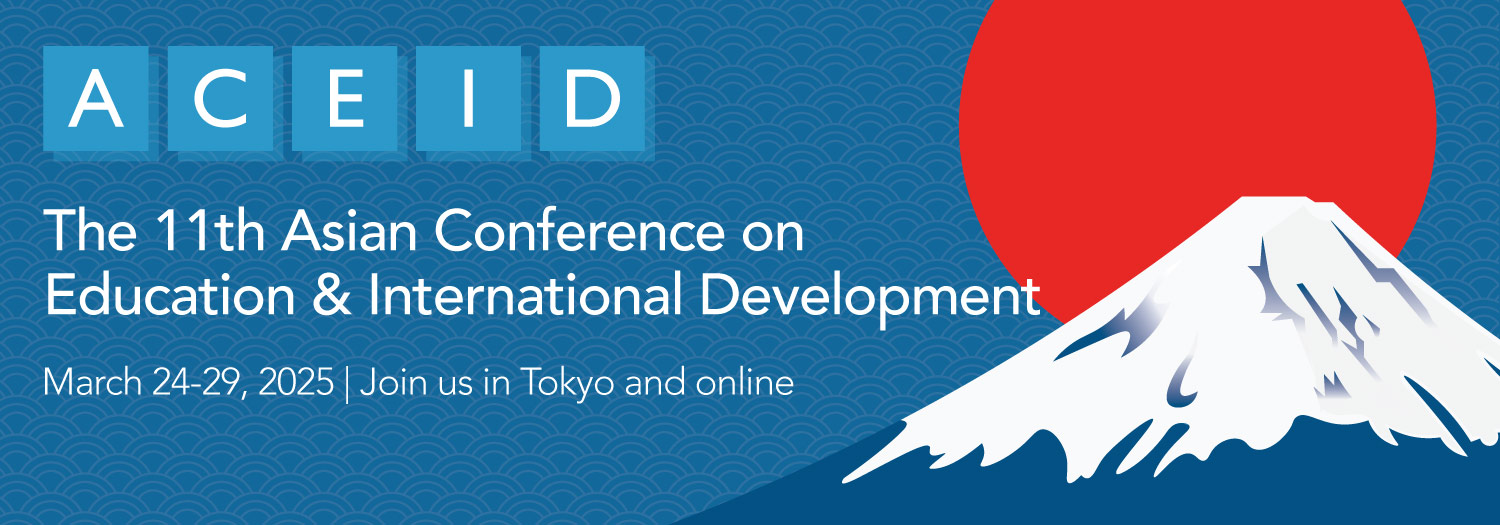Commercialised Education and Sustainability: Examining the Hidden Costs of Shadow Education on Students’ Psychological and Cognitive Well-Being in India (78200)
Session Chair: Yajuan Xiang
Friday, 29 March 2024 09:25
Session: Session 1
Room: Room A (Live Stream)
Presentation Type: Live-Stream Presentation
Education is increasingly seen to be shifting towards an industry model, driven by commercial concerns where the traditional status of education as a public good has been diminishing (UNESCO, 2016). Exacerbating this situation is the recent rise of shadow education, an emerging billion-dollar coaching industry, originating in Asian countries and subsequently spreading worldwide. Private supplementary tutoring that operates parallel to the mainstream education of the regular school hours is known as shadow education. The objective of the paper is to understand the impact of shadow education on students’ academic performance and emotional well-being. The paper is based on empirical research conducted in Chandigarh City, India. 200 students who are studying in 12th grade as well as preparing for All-India level entrance examinations in Medicine and Engineering streams were interviewed by employing stratified random sampling technique and descriptive survey methods. The findings are alarming as many shadow education institutes enrol students for a two-year program by collecting huge fees for tuition and hostel/transportation facilities. Thus, a significant number of students skip regular school and attend coaching centres. The study witnessed that majority of the students experienced anxiety, stress, isolation and decreased emotional resilience due to the rigorous academic demands placed on them. Consequently, the key indicators of sustainable development, including quality education, reduced inequalities and social justice are being compromised. This paper emphasizes the need to address the complex interplay of shadow education, student well-being and the changing system of education where profit becomes the top priority for educational institutions.
Authors:
Deeksha Sharma, Panjab University, India
Guru Trisha Singh, Swami Vivekanand College of Education, India
Satvinderpal Kaur, Panjab University, India
About the Presenter(s)
Deeksha Sharma, a research scholar in the Department of Education, Panjab University, Chandigarh pursues her research in the area of privatised and shadow education, neoliberal policies and its impact on those belonging to disadvantaged societies.
See this presentation on the full schedule – Friday Schedule





Comments
Powered by WP LinkPress